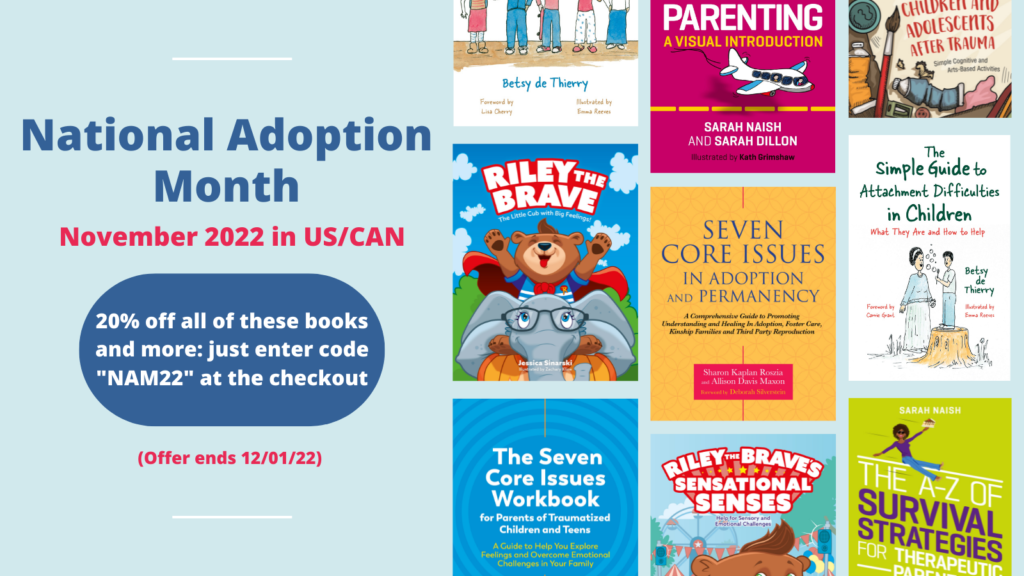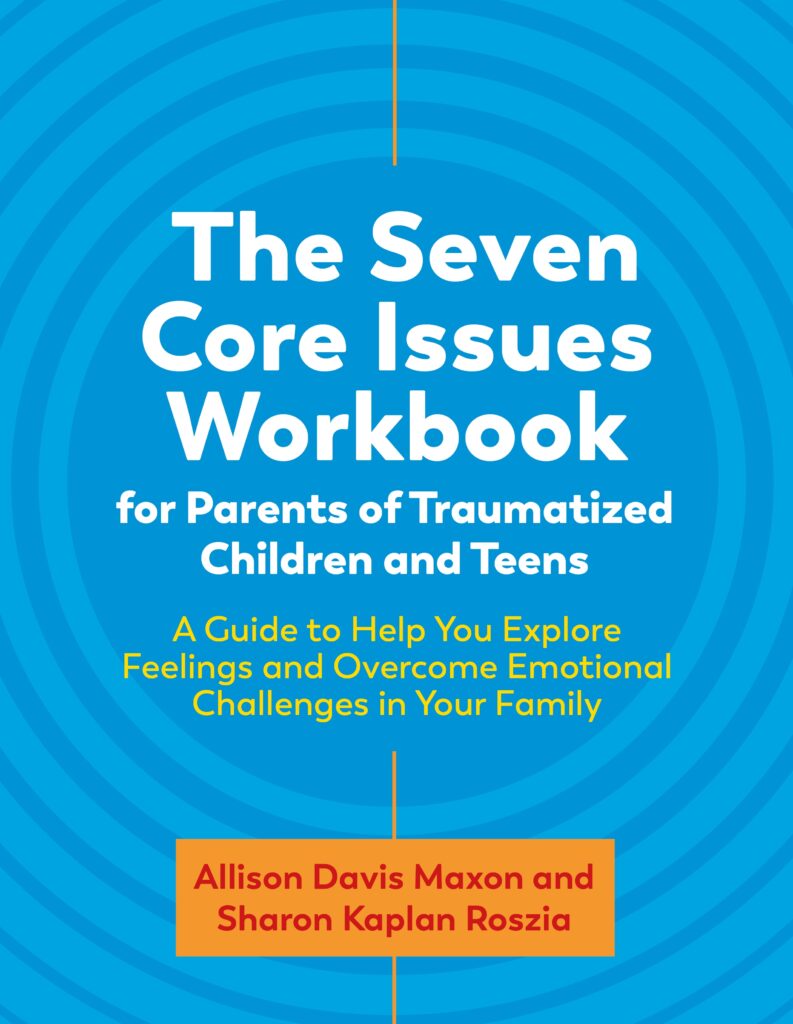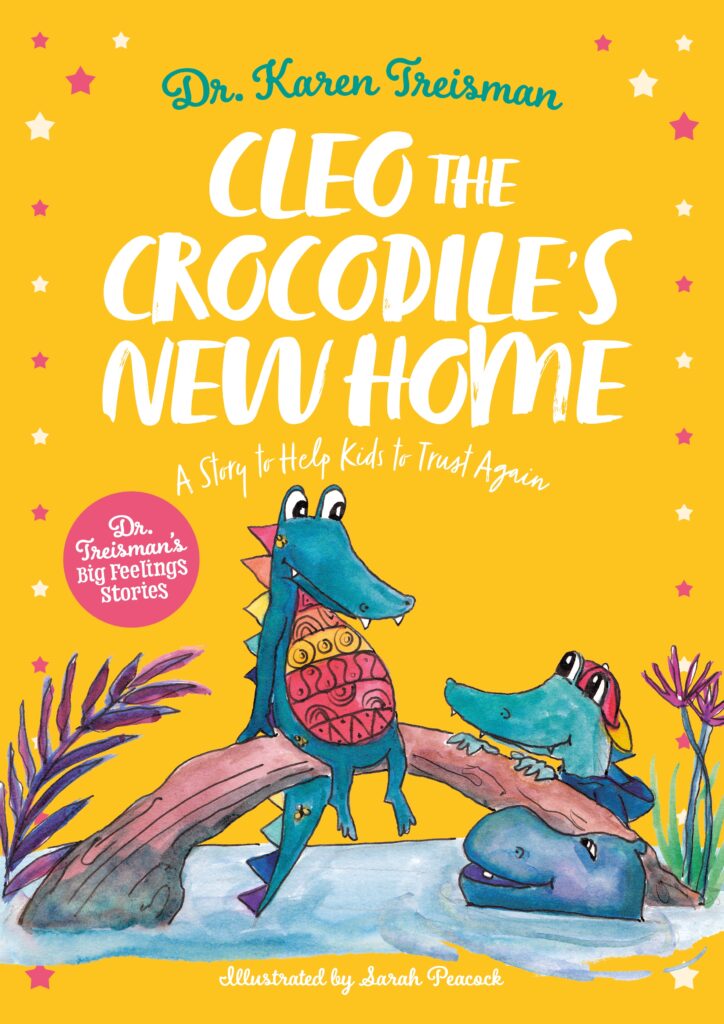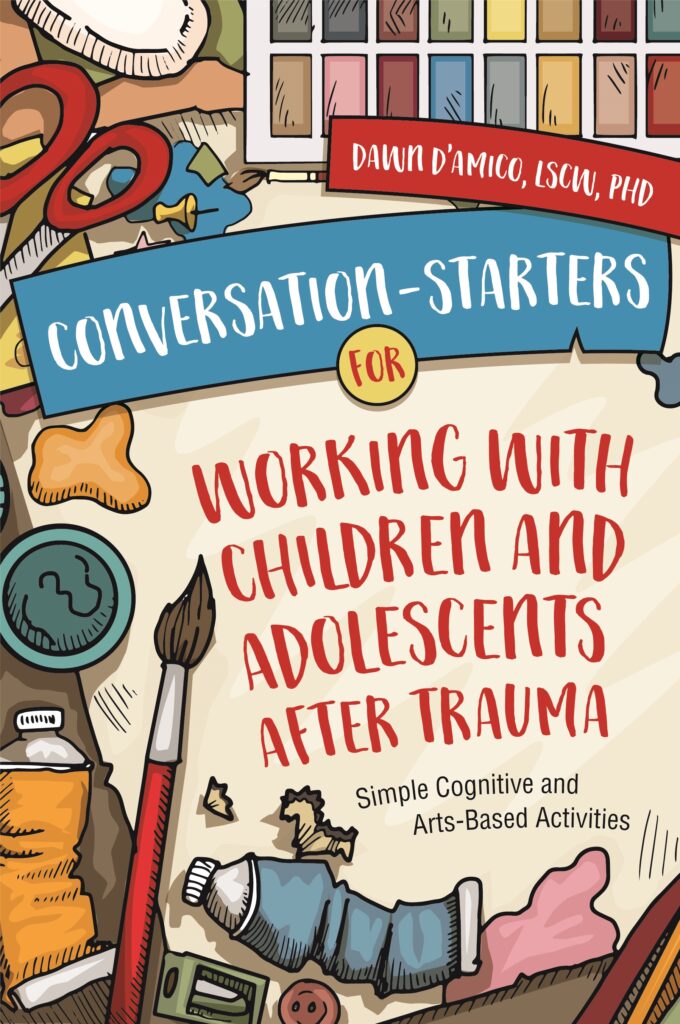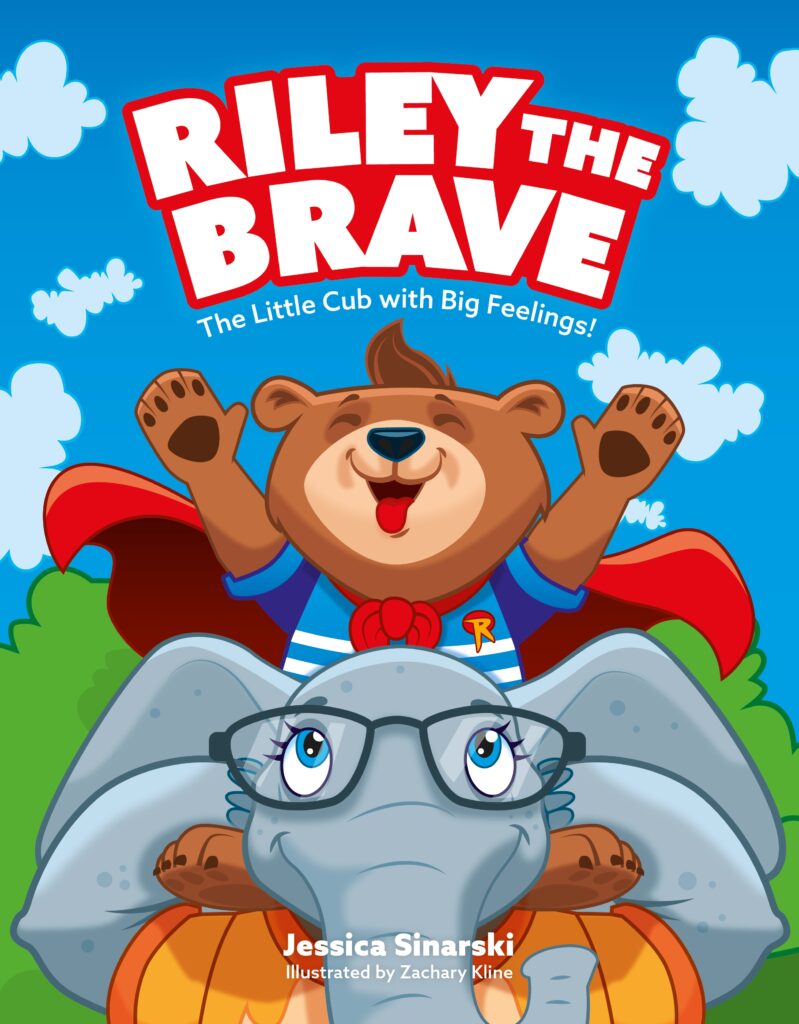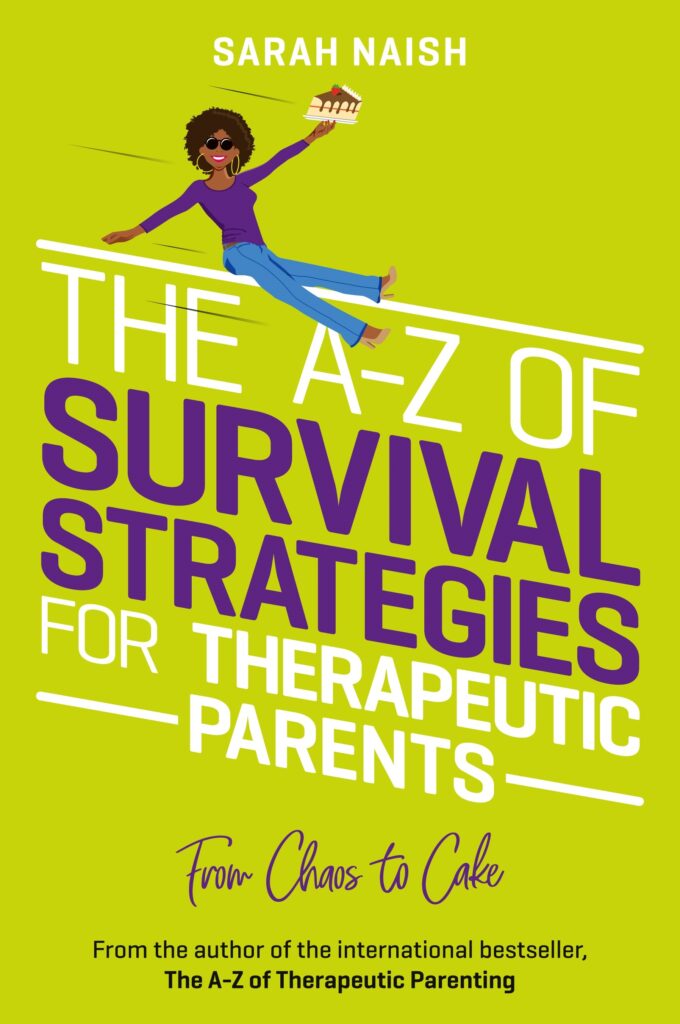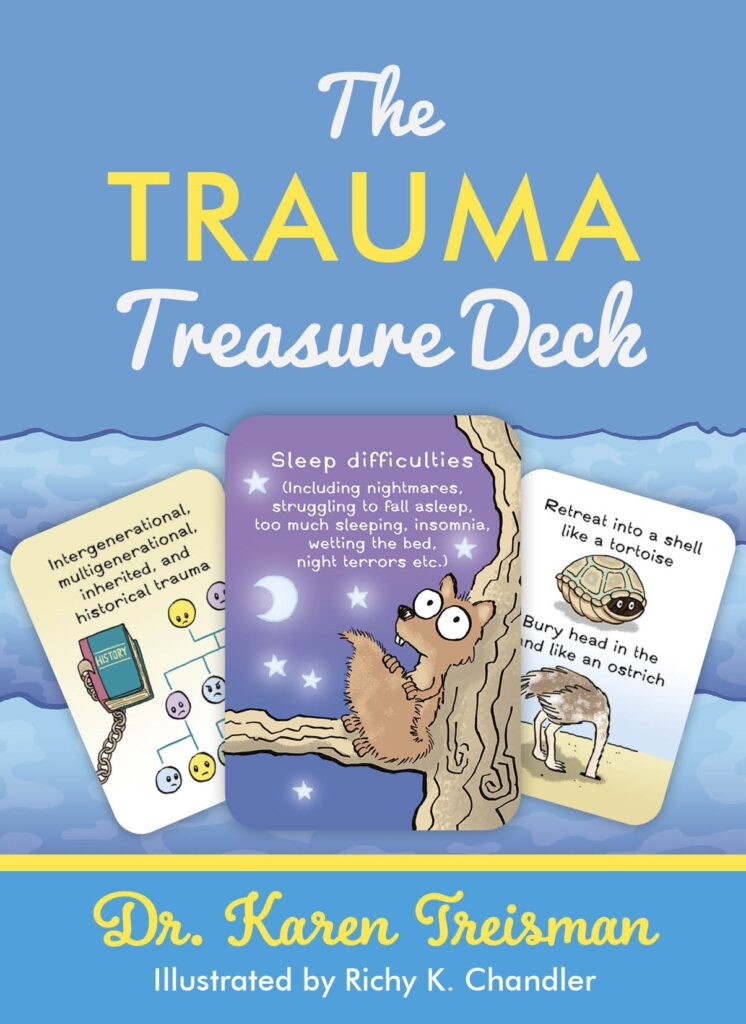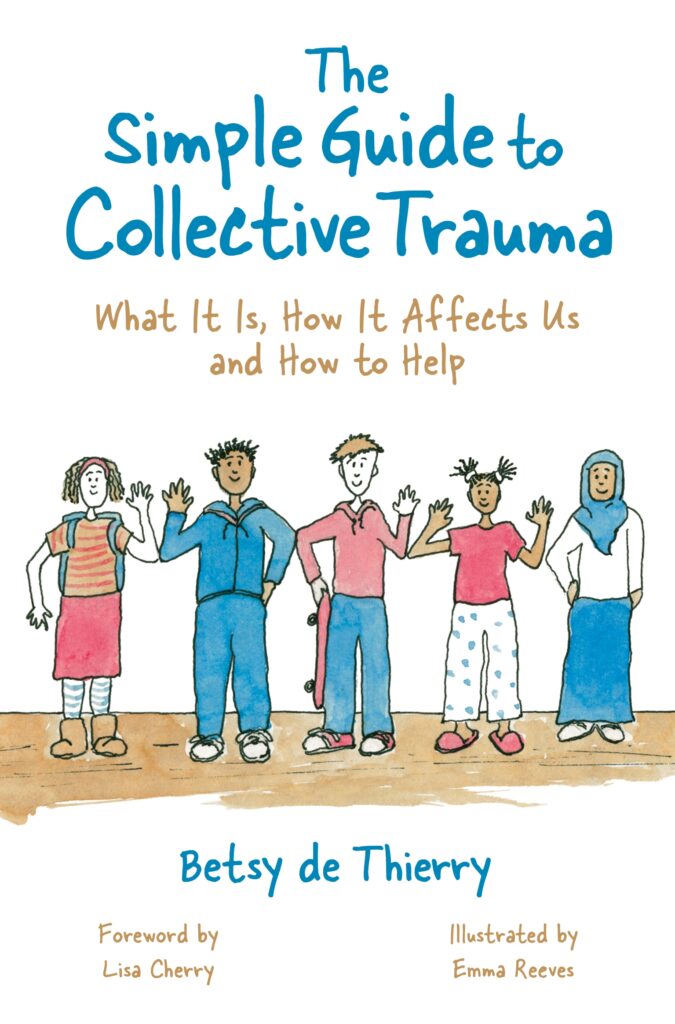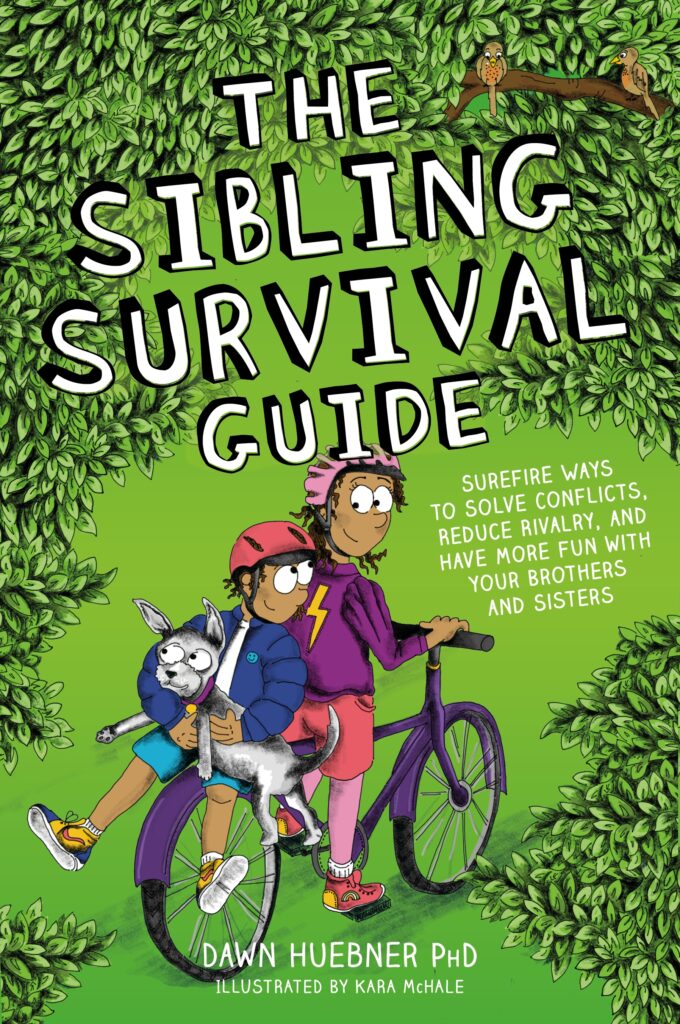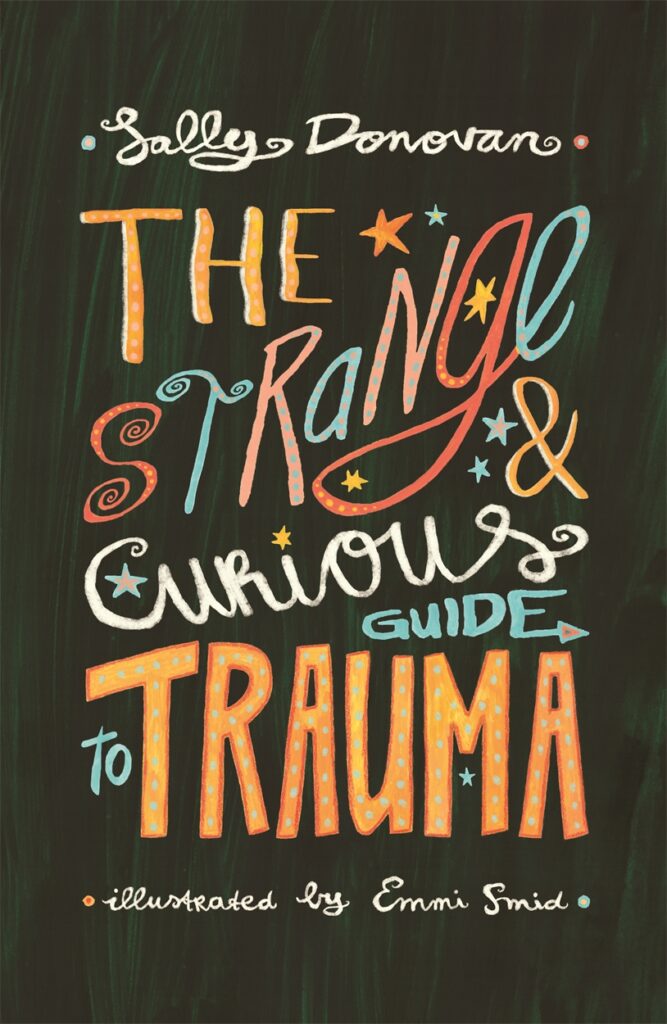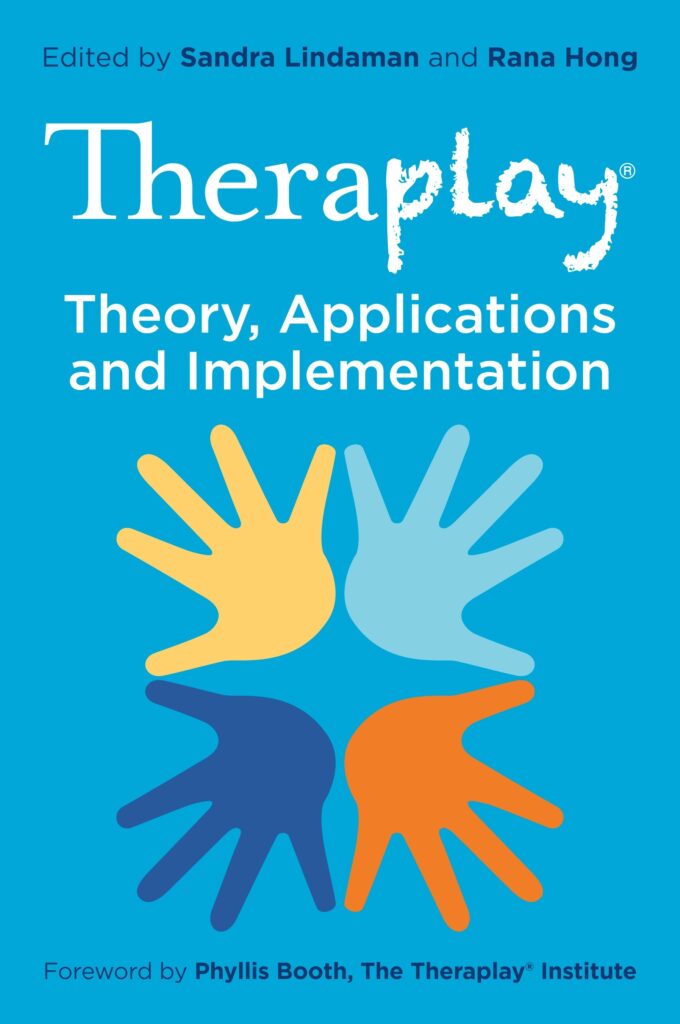November is National Adoption Month in the US/CAN. During National Adoption Month, organizations, social workers, adoption specialists, and more work to raise awareness and achieve permanency for children in the foster care system. Many of our JKP authors are experts in the fields of trauma, adoption and fostering. Below are 10 resources for children, parents and professionals. Head to Jessica Kingsley Publishers – USA (jkp.com) and enter the code “NAM22” at checkout now through 12/1/22, to receive 20% off all JKP Adoption and Fostering resources.
The Seven Core Issues Workbook for Parents of Traumatized Children and Teens
Based on a hugely successful US model, The Seven Core Issues Workbook is accessible and parent-friendly with brief explanations, activities and exercises.
The Seven Core Issues are Loss, Rejection, Shame/Guilt, Grief, Identity, Intimacy and Mastery/Control. The workbook gives parents the ability to explore their own issues as well as their child’s through varies experiential exercise and activities. Parents can identify and address their core issues in order to more effectively assist and support the child’s core issues.
The workbook and its exercises allow for a variety of diverse groups to use the book with ease, making it the essential tool for all individuals to grow and heal themselves and their families.
Check out Allison Davis Maxon and Sharon Kaplan Roszia’s first book, The Seven Core Issues in Adoption and Permanency.
Click here to learn more about The Seven Core Issues Workbook.
Cleo the Crocodile’s New Home
Amongst the beauty of the Okavango delta in Botswana, Cleo the Crocodile loved having fun with all of his animal friends. That is, until one day Hogan the Hippo, who was supposed to look after Cleo, started to act mean and hurt him.
To keep safe, Cleo has to leave the swamp to find a new home – he’s scared and snaps and snarls to keep the other animals away from him so that they can’t hurt him like Hogan did.
How can Cleo find a new safe home and start to let others in?
This story has been written to help children aged 5-10 who have experienced trauma to begin conversations around big feelings around hurt, anger and trust.
About this series: Dr. Treisman’s Big Feelings Stories are written to help kids aged 5-10 to understand their feelings. If you enjoy this book, why not check out Dr. Treisman’s Activity Books series; Cleo the Crocodile Activity Book for Children Who Are Afraid to Get Close features the same story and comes with an abundance of extra guidance for adults, and a wealth of creative expansion activities and worksheets.
Conversation-Starters for Working with Children and Adolescents After Trauma
Helping children and adolescents who have experienced trauma to feel safe and confident enough to talk, let alone engage in therapeutic work, can be full of challenges – for children and for adults. Conversation-Starters For Working with Children and Adolescents After Trauma aims to make this process easier for practitioners, by offering gentle, playful techniques to help children who are closed or withdrawn to start to open up.
With over 80 activities tailored to different styles of communication, all requiring minimal preparation, this flexible resource provides an activity for every situation. From helping a child identify fun things around them to helping them to learn how to control unwanted thoughts, or to understand how feeling states can move from darkness to light, you will wish that you had known about these techniques sooner. Simply choose whether you would like to focus on helping a child with a coping or positive thinking activity, gather the everyday tools you need, and you are all set. Each of the activities can be used in both individual and group formats, and case studies throughout the book serve as a helpful guide on how the activities work in practice. This book is the ultimate toolkit for use with children and adolescents aged between 5 and 17.
Click here to learn more about Conversation-Starters For Working with Children and Adolescents After Trauma
Riley the Brave – The Little Cub with Big Feelings
Help your little one unlock their inner courage!
Riley the Brave is the story of a little bear with big feelings! Join this super-cool, cape-wearing cub as he embarks on a journey to face his fears.
Riley is joined by all of his animal friends who care for him as he faces his difficult feelings. Along the way, Riley learns how sometimes, being tough or loud isn’t the bravest thing to be – sometimes it’s asking for help, or being brave enough to let someone into your heart.
Written for any child who is looking to unlock their inner courage, and particularly those healing from difficult life experiences or trauma, this book creates a safe space for conversations about complex thoughts and feelings. It also features an educational afterword for grown-ups which explains how the book helps children, and how to get the most out of it.
Check out the rest of the Riley the Brave series – Riley the Brave Makes it to School and Riley the Brave’s Sensational Senses.
The A-Z of Survival Strategies for Therapeutic Parents
‘This book is your hot flask of tea or coffee, and a cosy blanket which will keep you warm, safe and well on your journey, ensuring you reach the other side, mentally and physically well.’
So, you want to help your child by therapeutic parenting, but how are YOU?
This easy-to-follow, dip-in dip-out resource addresses common challenges and feelings experienced by therapeutic parents and offers 80 practical strategies to help you cope and survive. Bestselling parenting author Sarah Naish writes with humour and compassion, sharing her personal and professional experiences covering all of the essentials: self-maintenance, coping with isolation and rejection, scheduling holidays and, of course, the therapeutic importance of cake!
Think you don’t have the time or inclination for a bit of ‘self-care’? This book will save time, save energy and help solve your problems – a ‘must have’ for all therapeutic parents.
Check out The A-Z of Survival Strategies for Therapeutic Parents here!
The Trauma Treasure Deck
Dr Karen Treisman has designed this versatile and colourful card deck of 110 cards enabling practitioners to support children, teens or adults who have experienced trauma, stress or adversity.
The cards are organized into four different types: sentence completion cards, survival response cards, signals/signs cards and different types of trauma cards. In combination, the cards provide you with a rich resource which enables you to:
· Increase understanding of the multi-layered impact of trauma, stress, and adversity – including common sensory, physical, emotional, cognitive and relational aspects.
· Deepen assessment and information-gathering
· Reflect on progress and the journey
· Inform goals and focus interventions
· Identify survival responses, feelings and experiences
· Use metaphors, analogies and symbols to support Find new ways to name, label or describe experiences or feelings
· Increase empathy, understanding and compassion
· Support reflection and curiosity
· Explore the wider lens of trauma – including cultural, intergenerational, medical, war trauma etc.
And much more!
Developed to be inclusive of a variety of learning styles, abilities and language skills, the pack can be used with individuals, groups, teams and organizations. Accompanied by a comprehensive explanatory booklet, they will enable you to create assessments, psychoeducation and interventions which are playful, enriching and creative.
Click here to check out The Trauma Treasure Deck.
The Simple Guide to Collective Trauma
· What is collective trauma?
· How can it impact children and communities?
· What can we do about it?
Providing accessible answers to these complex questions and more, this guide explores the key characteristics of collective trauma and provides practical advice on how to help children, young people and communities to heal.
Collective trauma affects communities, families and individuals. This book highlights its impacts and with examples such as grief and loss, outlines how it can manifest. With guidance on building individual, communal and cultural resilience, this book is an invaluable resource to better understand and support children and young people dealing with collective trauma.
Click to check out The Simple Guide to Collective Trauma.
The Sibling Survival Guide
Having a brother or sister can be tough. It can also be great, but it’s hard to see the great parts with so many bad parts getting in the way. Problems like fighting and bossing. Teasing and jealousy. Tattling. Pestering. And more.
But what if you could do something about those problems? Clear them away? Then you’d be able to actually enjoy your siblings!
This indispensable guide from best-selling author Dr. Dawn Huebner speaks directly to children ages 9-12, teaching skills to help them manage feelings and resolve conflicts, strengthening the bonds between brothers and sisters.
Warm, witty, and packed with practical strategies, this interactive book is the complete resource for educating, motivating, and empowering siblings to live in peace.
Click to check out The Sibling Survival Guide by Dawn Huebner.
The Strange and Curious Guide to Trauma
‘Our book about trauma features buzzy bees stuck in your tummy, yes, and also science and superheroes, carrots and lambs, lollies and, unfortunately for me, baboons…’
Join Ordinary Jo, some people, Courtney Cortisol, Amy Amygdala and friends to be guided through the curious world of trauma. This fully illustrated guide for children aged 8-12 features an array of quirky characters and facts about trauma woven into a therapeutic story. Learn why some carrots grow perfectly straight, others wonky and wobbly – and why that’s ok! Find out all the clever ways our strange and curious bodies keep us safe all the time, and what the different nutty parts of our brain do for us when we are afraid! Discover all this and more to understand your own experiences, body, and even friends better too. (And just in case you don’t remember it all, there is a summary of all the things we have learnt at the end)
Let knowledge and kindness become your superpower by learning all the strange and curious things about Trauma!
Click to check out The Strange and Curious Guide to Trauma.
Theraplay® – Theory, Applications and Implementation
Officially supported and endorsed by the Theraplay Institute, this handbook provides concrete assistance from international experts on deepening Theraplay knowledge and skills in much-needed and requested areas of practice.
With up-to-date information on Theraplay theory, applications and implementation, the chapters cover Theraplay with infants, toddlers, school aged children and adolescents. Home, school, and out-patient mental health settings are all covered in detail, as well as dyadic and group forms of Theraplay. Client issues include interpersonal violence, LGBTQ families, anxiety, child sexual abuse, transitioning from foster care to adoption, and deaf and hard of hearing. Additionally, extensive information is provided about working with caregivers including discussion of their own attachment history, practice sessions before including the child, and regular caregiver-only sessions to process and strengthen Theraplay treatment.
This book is essential for any Theraplay practitioner wanting to ensure their approach is fully informed and carefully tailored to meet their client’s needs.
Click to check out Theraplay® – Theory, Applications and Implementation
